Filter by
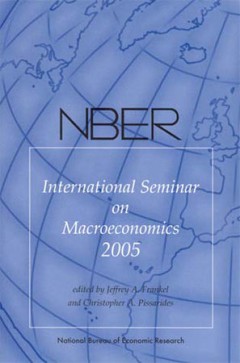
NBER International seminar on macroeconomics 2005
The NBER International Seminar on Macroeconomics brings together leading American and European economists to discuss a broad range of current issues in global macroeconomics. An international companion to the more American-focused NBER Macroeconomics Annual, the 2005 volume first explores macroeconomic issues of interest to all advanced economies, then analyzes topical questions concerning the …
- Edition
- -
- ISBN/ISSN
- -
- Collation
- 1 online resource (xvii, 402 pages)
- Series Title
- -
- Call Number
- -
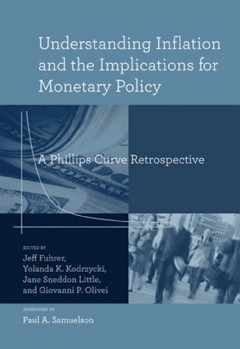
Understanding inflation and the implications for monetary policy :a Phillips …
In 1958, economist A. W. Phillips published an article describing what he observed to be the inverse relationship between inflation and unemployment; subsequently, the “Phillips curve” became a central concept in macroeconomic analysis and policymaking. But today's Phillips curve is not the same as the original one from fifty years ago; the economy, our understanding of price setting behavi…
- Edition
- -
- ISBN/ISSN
- 9780262258784
- Collation
- 1 online resource (xiii, 502 pages) :illustrations
- Series Title
- -
- Call Number
- -
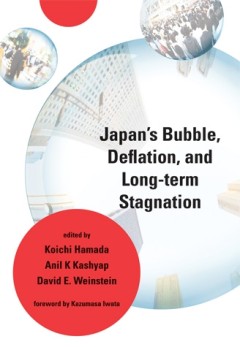
Japan's bubble, deflation, and long-term stagnation
Japan's economic bubble burst in the early 1990s, and the country entered its famous “lost decade”—a period of stagnation and economic disruption that persisted until 2003. The current declines in global equity and real estate markets have eerie parallels to Japan's economic woes of the 1990s. If we are to avoid repeating Japan's experience on a global scale, we must understand what happe…
- Edition
- -
- ISBN/ISSN
- 9780262289467
- Collation
- 1 online resource (xi, 420 pages) :illustrations
- Series Title
- -
- Call Number
- -
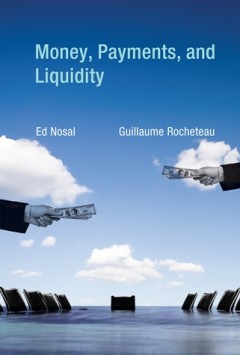
Money, payments, and liquidity
In Money, Payments, and Liquidity, Ed Nosal and Guillaume Rocheteau provide a comprehensive investigation into the economics of money and payments by explicitly modeling trading frictions between agents. Adopting the search-theoretic approach pioneered by Nobuhiro Kiyotaki and Randall Wright, Nosal and Rocheteau provide a logically coherent dynamic framework to examine the frictions in the econ…
- Edition
- -
- ISBN/ISSN
- 9780262298285
- Collation
- 1 online resource (xii, 369 pages) :illustrations
- Series Title
- -
- Call Number
- -
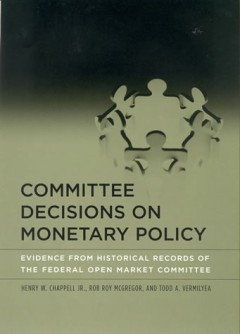
Committee Decisions on Monetary Policy: Evidence from Historical Records of t…
An examination of how the policy preferences of individual members of the Federal Open Market Committee are translated into monetary policy decisions.In many countries, monetary policy decisions are made by committees. In the United States, these decisions are made by the Federal Reserve's Federal Open Market Committee (FOMC), which consists of the seven members of the Board of Governors and th…
- Edition
- -
- ISBN/ISSN
- 9780262270168
- Collation
- 1 online resource (xv, 313 pages) :illustrations
- Series Title
- -
- Call Number
- -

What Have We Learned?: Macroeconomic Policy after the Crisis
Since 2008, economic policymakers and researchers have occupied a brave new economic world. Previous consensuses have been upended, former assumptions have been cast into doubt, and new approaches have yet to stand the test of time. Policymakers have been forced to improvise and researchers to rethink basic theory. George Akerlof, Nobel Laureate and one of this volume's editors, compares the cr…
- Edition
- -
- ISBN/ISSN
- 9780262323444
- Collation
- 1 online resource (vii, 359 pages) :illustrations
- Series Title
- -
- Call Number
- -
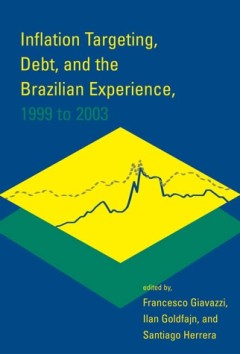
Inflation targeting, debt, and the Brazilian experience, 1999 to 2003
How Brazil's monetary and fiscal policies survived a series of severe economic shocks and the policy lessons for other countries.Inflation targeting--when central bank policies set specific inflation rate objectives--is widely used by both developed and developing countries around the world (although not by the United States or the European Central Bank). This collection of original essays look…
- Edition
- -
- ISBN/ISSN
- 9780262273787
- Collation
- 1 online resource (xxii, 303 pages) : illustrations
- Series Title
- -
- Call Number
- 332 INF
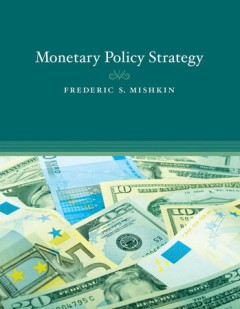
Monetary policy strategy
A leading academic authority and policymaker discusses monetary policy strategy from the perspectives of both scholar and practitioner, offering theory, empirical evidence, and extensive case studies.OCLC-licensed vendor bibliographic record.
- Edition
- -
- ISBN/ISSN
- 9780262279949
- Collation
- 1 online resource (x, 549 pages) :illustrations
- Series Title
- -
- Call Number
- -
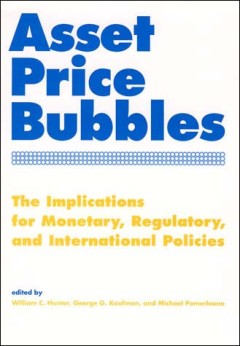
Asset price bubbles :implications for monetary, regulatory, and international…
Revised papers of a conference sponsored by the Federal Reserve Bank of Chicago and the World Bank.In both the industrialized and developing worlds, a distinctive feature of the last two decades has been prolonged buildups and sharp collapses in asset markets such as stock, housing, and exchange markets. The volatility has sparked intense debate in academic and policy circles over the appropria…
- Edition
- -
- ISBN/ISSN
- 9780262275910
- Collation
- 1 online resource (xxvi, 581 pages) :illustrations
- Series Title
- -
- Call Number
- -
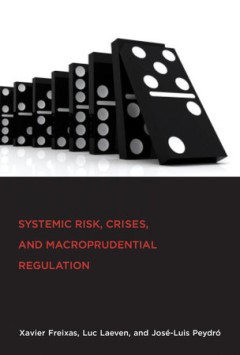
Systemic risk, crises, and macroprudential regulation
Offering a framework for understanding the reasons for the regulatory shift from a microprudential to a macroprudential approach to financial regulation, this book provides a list of challenges in the implementation of macroprudential policy and a discussion on its limitations. --OCLC-licensed vendor bibliographic record.
- Edition
- -
- ISBN/ISSN
- 9780262328609
- Collation
- 1 online resource (xiii, 472 pages) :illustrations
- Series Title
- -
- Call Number
- -
 Computer Science, Information & General Works
Computer Science, Information & General Works  Philosophy & Psychology
Philosophy & Psychology  Religion
Religion  Social Sciences
Social Sciences  Language
Language  Pure Science
Pure Science  Applied Sciences
Applied Sciences  Art & Recreation
Art & Recreation  Literature
Literature  History & Geography
History & Geography